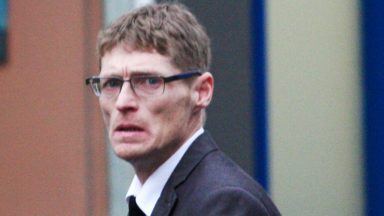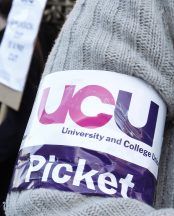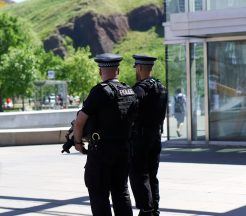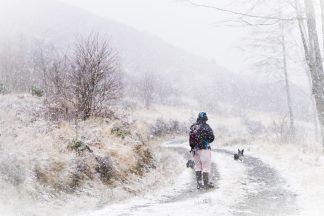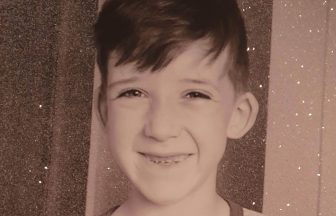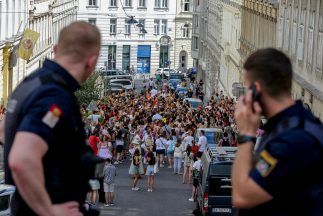Nicola Sturgeon has issued a formal apology on International Women’s Day to all those accused of witchcraft in Scotland between the 16th and 18th centuries.
A petition to the Scottish Parliament had called for those accused and convicted as witches under the Witcraft Act of 1563 to be pardoned, issued an apology, and for a national monument to be created in their memory.
It has been estimated that approximately 3837 people in Scotland were accused of witchcraft between the law’s introduction in 1563 and its repeal in 1736.
Of those, around 2500 people are believed to have been executed, with the vast majority of those having been accused women.
Speaking during an International Women’s Day debate at Holyrood on Tuesday, Sturgeon described it as being “injustice on a colossal scale”.
Scotland’s First Minister said she wanted to acknowledge the “egregious, historic injustice” by issuing a formal apology to all those accused, convicted, vilified or executed under the law.
“Those who met this fate were not witches, they were people and they were overwhelmingly women,” she told MSPs.
“At a time when women were not even allowed to speak as witnesses in a court room, they were accused and killed because they were poor, different, vulnerable, or in many cases, just because they were women.
“It was injustice on a colossal scale, driven at least in part by misogyny in its most literal sense – hatred of women.”
The First Minister explained that Holyrood would be required to legislate for any pardon to be issued.
But, she indicated that MSPs may choose to do so in future.
She continued: “In the meantime, the petition also calls for an apology. After all, these accusations and executions were instigated and perpetrated by the state.
“And so today, on International Women’s Day, as First Minister on behalf of the Scottish Government, I am choosing to acknowledge that egregious, historic injustice and extend a formal posthumous apology to all those accused, convicted, vilified or executed under the Witchcraft Act 1563.”
The SNP leader underlined the importance of issuing an apology, despite the events having taken place so long ago in Scotland.
“Some will ask why this generation should say sorry for something that happened centuries ago, but might actually be more pertinent to ask why it has taken so long,” she said.
“But for me there are three reasons; Firstly, acknowledging injustice, no matter how historic, is important.
“This parliament has issued, rightly so, formal apologies and pardons for the more recent historic injustices suffered by gay men and by miners.
“We’re currently considering a request for a formal apology to women whose children were forcibly adopted.
“Reckoning with historic injustice is a vital part of building a better country. So too is recognising and writing into history what has been for too long erased – the experiences and the achievements of women.”
Sturgeon set out the way in which the “deep misogyny” which motivated the witchcraft law now finds itself in modern society.
She said: “Second, for some, this is not yet historic. There are parts of our world where even today, women and girls face persecution and sometimes death because they have been accused of witchcraft.
“And thirdly, fundamentally, while here in Scotland the Witchcraft Act may have been consigned to history a long time ago, the deep misogyny that motivated it has not, we live with that still.
“Today, it expresses itself not in claims of witchcraft, but in everyday harassment, online rape threats and sexual harassment.
“All of it intensified by an increasingly polarised and toxic public discourse and amplified each and every day by social media.”
The First Minister added: “It is no wonder that more women than ever before, certainly in my lifetime, are now questioning whether politics and public life are safe environments for women.
“And it is no wonder so many still feel scared to walk the streets.”
Follow STV News on WhatsApp
Scan the QR code on your mobile device for all the latest news from around the country


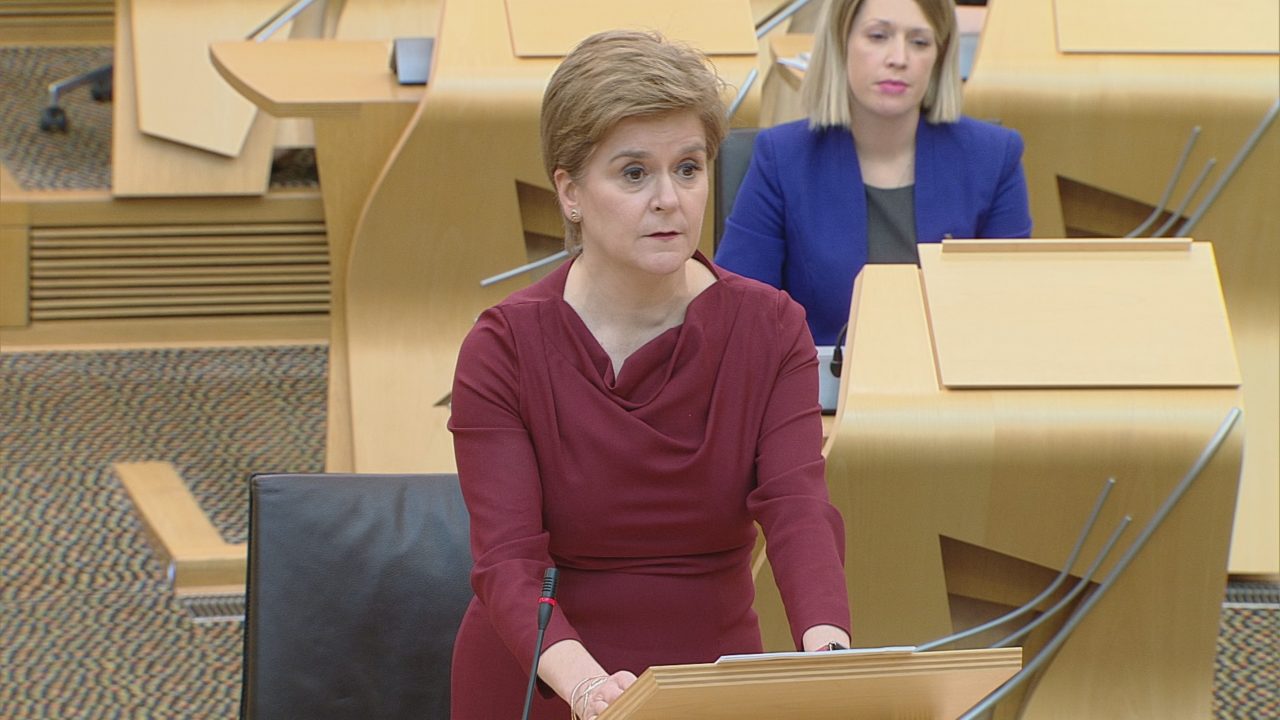 Scottish Parliament TV
Scottish Parliament TV

